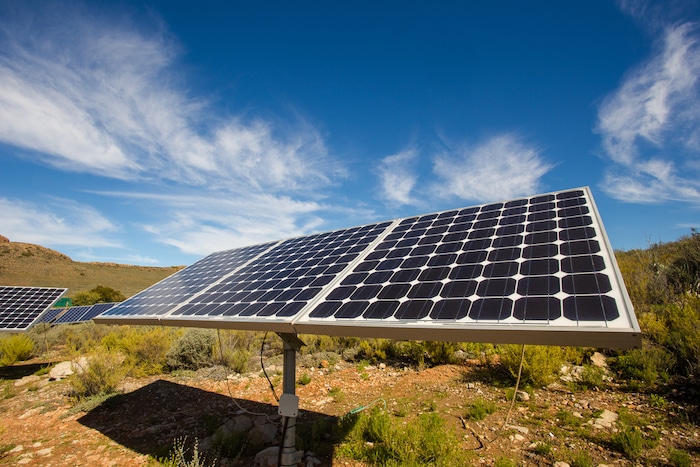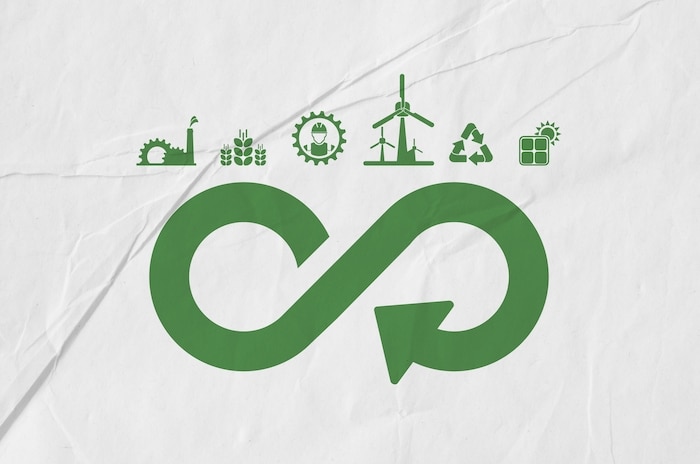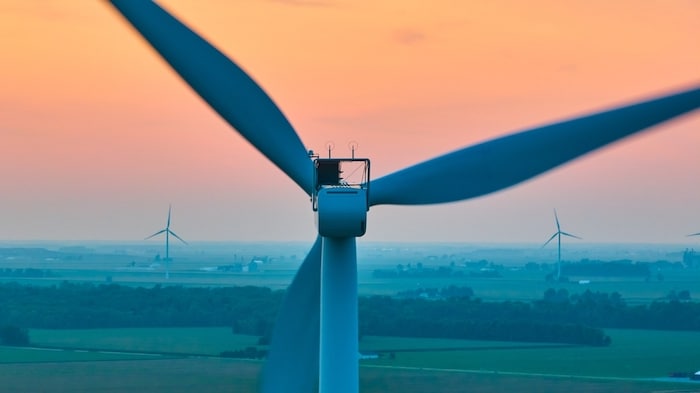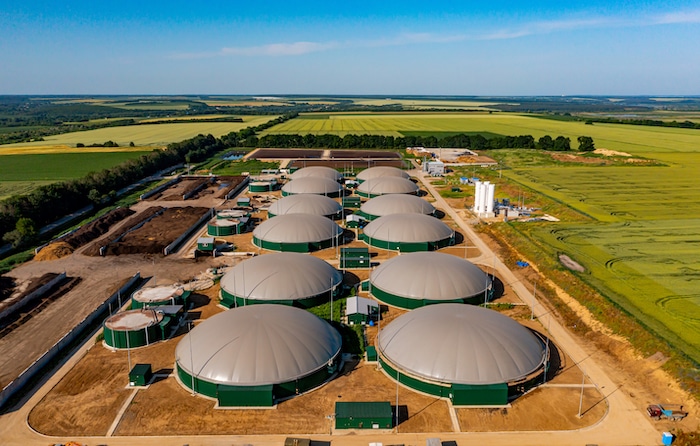
In the pursuit of sustainability, Off-Grid Energy Solutions stand as a beacon of environmental stewardship. This guide explores the transformative world of off-grid energy, where homes become self-sufficient power producers, drawing energy directly from nature’s elements. We’ll unravel the technology, discover the benefits of decentralized living, and showcase innovative solutions like HomeBiogas products that seamlessly integrate eco-conscious living with cutting-edge technology.

Understanding Off-Grid Energy: Basics and Overview
Off-grid energy represents a paradigm shift from the traditional model of centralized power distribution, offering a decentralized and sustainable approach to meeting our energy needs. At its core, off-grid energy systems operate independently of the mainstream power grid, providing a self-sufficient alternative powered by renewable sources.
Advantages of Adopting Off-Grid Energy Systems
Embracing off-grid energy systems unlocks a myriad of advantages that extend beyond mere energy production. This transformative approach to powering homes offers a host of benefits, fundamentally altering the way we interact with energy and the environment. Let’s explore the compelling advantages of adopting off-grid energy systems:
- Energy Independence: Liberates homeowners from reliance on external utility services, reducing vulnerability to grid outages.
- Reduced Energy Bills: Generates substantial cost savings over time, making it a financially sound and sustainable choice.
- Environmental Sustainability: Relies on renewable sources, significantly reducing reliance on fossil fuels and mitigating carbon emissions.
- Resilience During Grid Outages: Provides a reliable source of power during emergencies or in remote areas with unreliable grid access.
- Cost Savings in Remote Areas: Offers a viable solution for homes located far from centralized grids, promoting energy access in remote locations.
- Flexibility in Location: Allows homes to be situated in scenic locations without sacrificing essential amenities.
- Low Maintenance Requirements: Often requires lower maintenance compared to centralized power grids, contributing to hassle-free operation.
- Contribution to Global Energy Resilience: Contributes to a more resilient global energy landscape by reducing dependence on centralized grids.
- Educational and Lifestyle Shift: Fosters a deeper understanding of energy consumption, encouraging a broader shift towards sustainability.
- Potential for Income Generation: Surplus energy can be fed back into the grid, providing an opportunity for homeowners to earn income.
Diverse Off-Grid Energy Options
In this section, we’ll survey the diverse off-grid energy options, tapping into the unique strengths of solar, wind, hydro, and bioenergy. Uncover the versatility of these sustainable sources and discover how they offer tailored solutions for an eco-friendly and independent energy future.
- Solar Power: Harness energy from the sun using photovoltaic panels; suitable for regions with abundant sunlight.

Wind Power: Utilize the kinetic energy of the wind to generate electricity, particularly effective in windy locations.

- Hydropower: Tap into the energy of flowing water, ideal for properties near rivers or streams.
- Bioenergy: Convert organic waste into energy, exemplified by biodigesters or HomeBiogas systems.
Choosing the Right Off-Grid Energy System for Your Needs
Selecting the optimal off-grid energy system involves a thoughtful consideration of various factors, aligning the chosen solution with specific needs, geographical conditions, and energy demands. In this section, we’ll delve into the key considerations that guide this decision-making process. Whether you’re situated in a sun-soaked region ideal for solar panels or a windy locale suited for wind turbines, understanding how to tailor your off-grid energy system ensures a reliable and sustainable power supply.
Let’s explore some of the key advantages and disadvantages:
- Solar Power:
- Pros: Abundant and renewable energy source, low operating and maintenance costs.
- Cons: Intermittent energy production, high upfront costs for installation.
- Wind Power:
- Pros: Generates electricity 24/7, well-suited for consistent wind patterns.
- Cons: High upfront costs, visual and noise impact, dependence on wind conditions.
- Hydropower:
- Pros: Continuous and reliable energy production, low greenhouse gas emissions.
- Cons: Site-specific, environmental impact on aquatic ecosystems, high initial costs.
- Bioenergy:
- Pros: Utilizes organic waste for energy, provides both heat and electricity.
- Cons: Limited by the availability of organic waste, emissions during decomposition.

- Choosing the Right System:
- Pros: Tailored to specific environmental conditions, allows for a mix of energy sources.
- Cons: Initial setup costs can be significant, requires careful planning for optimal performance.
In essence, adopting off-grid energy systems transcends the conventional utility model, offering a holistic and sustainable approach to energy consumption. This paradigm shift not only benefits individual homeowners but contributes to a more resilient, sustainable, and environmentally conscious global energy ecosystem.
Introducing HomeBiogas, an Off-Grid Energy Innovation
HomeBiogas has created a compact and user-friendly system that can turn food scraps (including meat and dairy)and manure into biogas. It integrates seamlessly into domestic settings, providing a green alternative for energy production with an intuitive and straightforward user experience. Homeowners can easily install the biodigester in their backyard through a step-by-step process.

The HomeBiogas biodigester employs a dual-part structure to facilitate the storage of biogas in an efficient and environmentally friendly manner. The lower compartment serves as the receptacle for organic waste, initiating the anaerobic digestion process through which biogas is generated. The biogas is then directed through a purification system to ensure its purity before flowing into a gas pipe connected to the HomeBiogas stove.
The gas holder, integral to the design, rises and falls based on the production and utilization of biogas. This ingenious system allows the biodigester to consistently accumulate and store biogas, providing a reliable and continuous supply of clean energy for household use — up to 6 hours of cooking gas daily.
The simplicity and effectiveness of this storage mechanism make HomeBiogas a user-friendly and sustainable solution for organic waste management at home.
Key Takeaways and Final Thoughts on Off-Grid Energy
Embrace off-grid living by understanding the versatility of renewable energy options, tailoring your choice to your unique needs and environmental context. Off-grid energy not only fosters self-sufficiency but also contributes to a more sustainable and resilient future.







